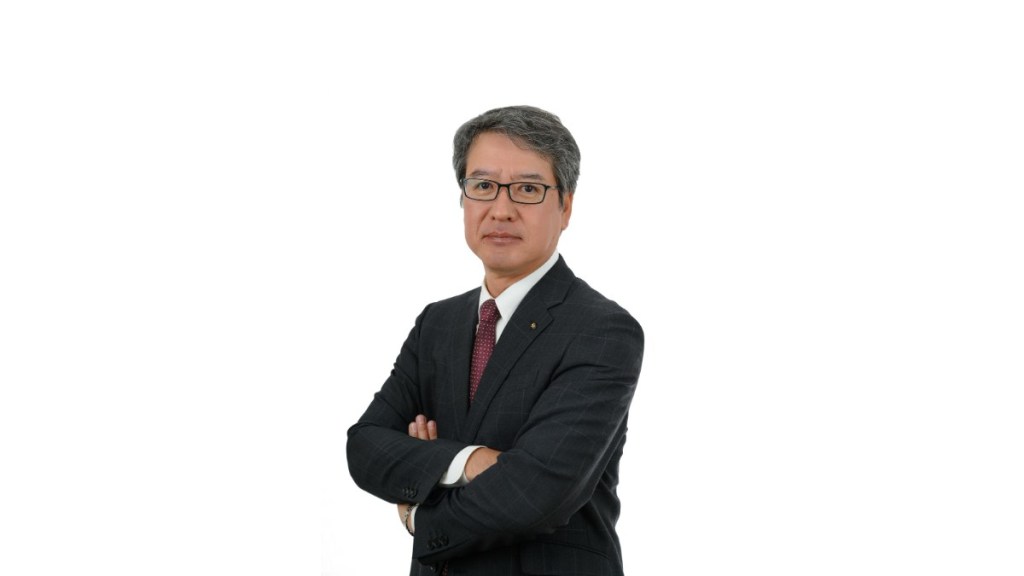India’s automotive sector is poised to emerge as a global leader in manufacturing and supply chains if industry stakeholders align strategic intent with the country’s inherent strengths in demand, talent, and policy support, Hisashi Takeuchi, MD & CEO, Maruti Suzuki India said on Friday.
Leveraging India’s strengths for global leadership
Speaking at the Automotive Component Manufacturers Association’s (ACMA) 65th annual session in New Delhi on Friday, Takeuchi laid out a compelling vision for India’s ascent in the global automotive landscape. “If we combine strategic intent with India’s unique advantages of domestic demand, talent, and policy support, the possibilities for our growth are limitless,” he said.
“It is now upon us, the industry, to make the most of this: to invest in R&D, to treat our people as partners, to climb the maturity ladder, and to build companies of global scale. If we do so, India will not just be Atmanirbhar; India will be the world’s trusted partner in the automotive supply chain, and we will drive together towards the vision of a Viksit Bharat,” he added.
Takeuchi outlined the typical maturity journey of global suppliers — progressing from traders to processors, manufacturers, module suppliers, and ultimately, to world-class global leaders — and urged Indian companies to assess their current position and determine how swiftly they can move up the value chain.
Navigating global challenges and building resilience
He emphasised the increasing strategic importance of supply chains in light of recent global disruptions.
“A pandemic shut borders. A war disrupted energy flows. Trade tensions altered sourcing strategies. A ship stuck in the Suez Canal shook global logistics for weeks. And suddenly, what we took for granted became critical,” he noted.
Amid these disruptions, Takeuchi argued, India has a unique opportunity to establish itself as a resilient and sustainable global supply hub.
“That is why today’s theme, ‘Navigating Geopolitical Challenges: Creating a Resilient Automotive Supply Chain in India,’ is very relevant,” he said.
He also acknowledged the challenges Indian exporters are currently facing. Nearly 30% of auto component exports go to the US, where almost half now attract a 25% duty and the rest face tariffs of up to 50%.
“That poses a major challenge to the component industry,” he admitted, while expressing hope that “the government is very sensitive to this issue and hopefully some solution will be found.”
Placing India’s prospects in a global historical context, Takeuchi noted that the past century saw economic dominance shift from the US to Europe, Japan, and China. “Now, it is India’s turn,” he said.
